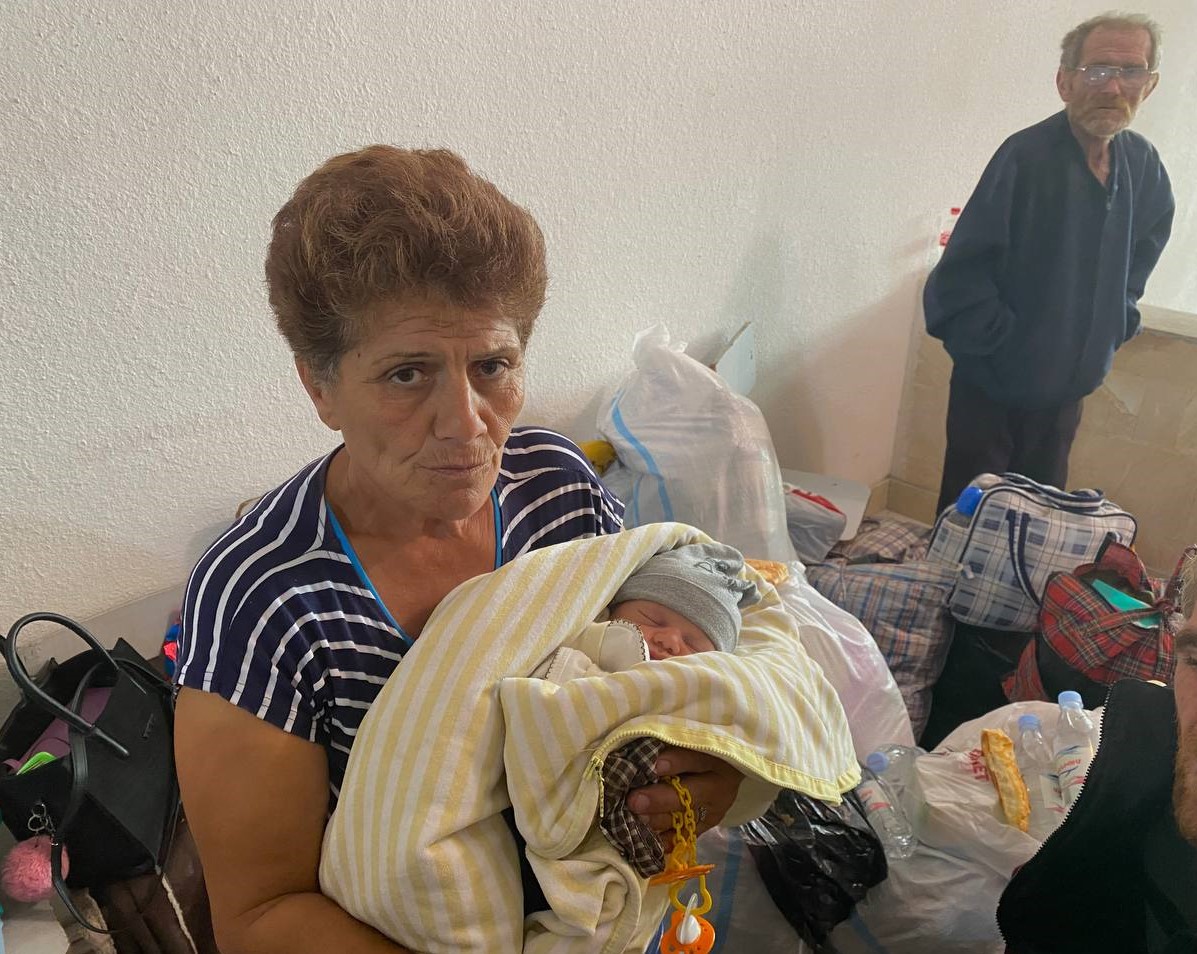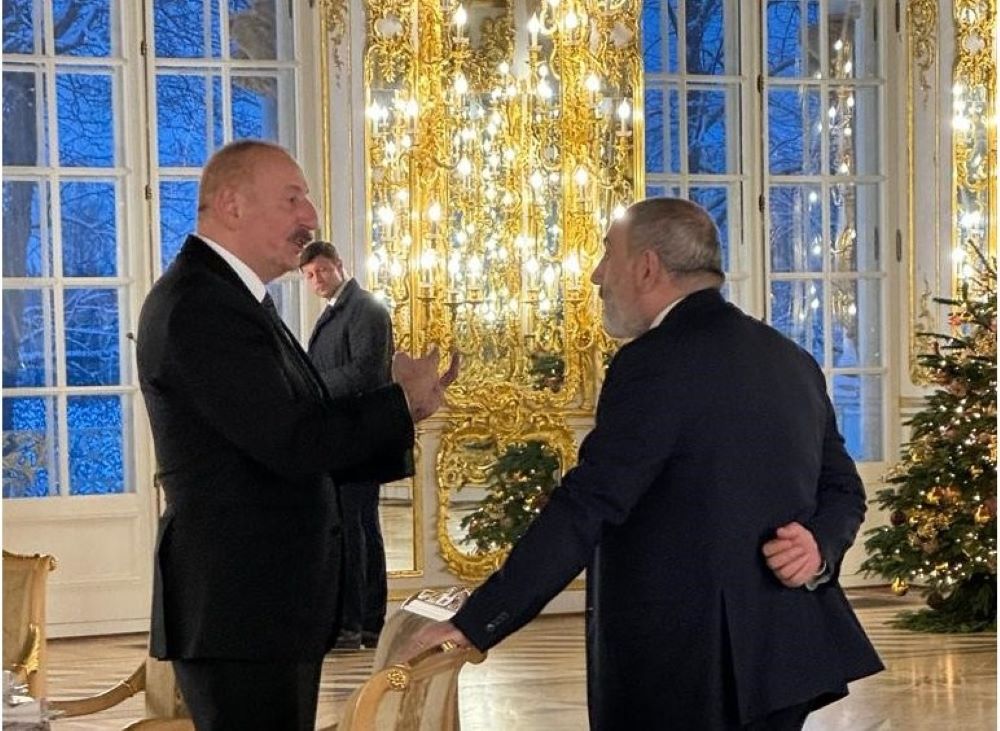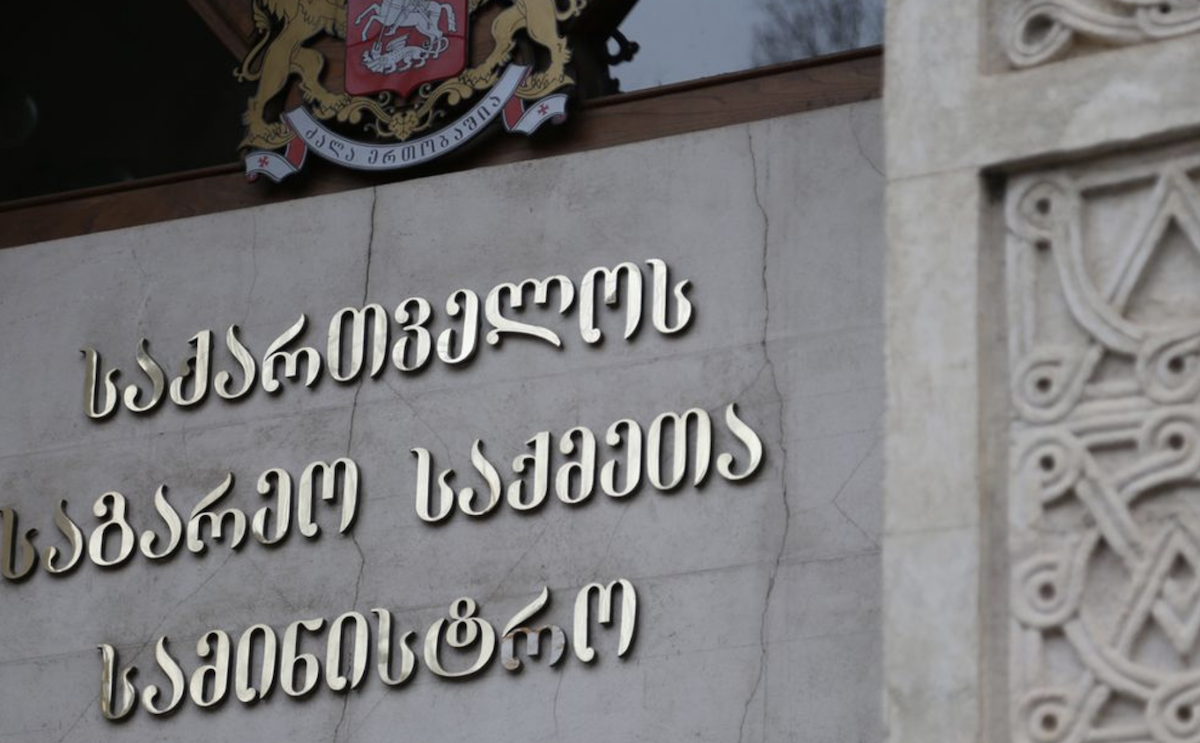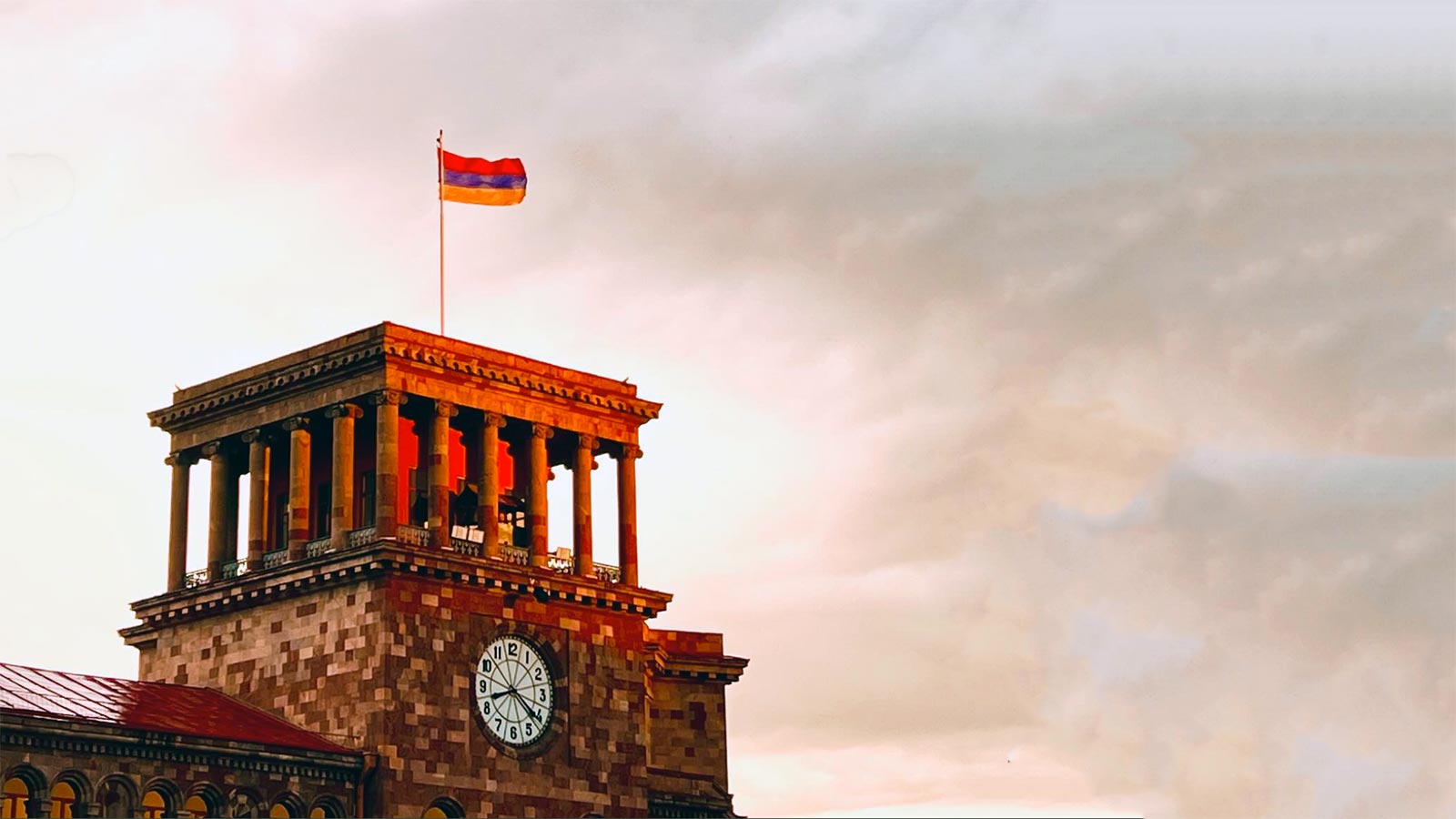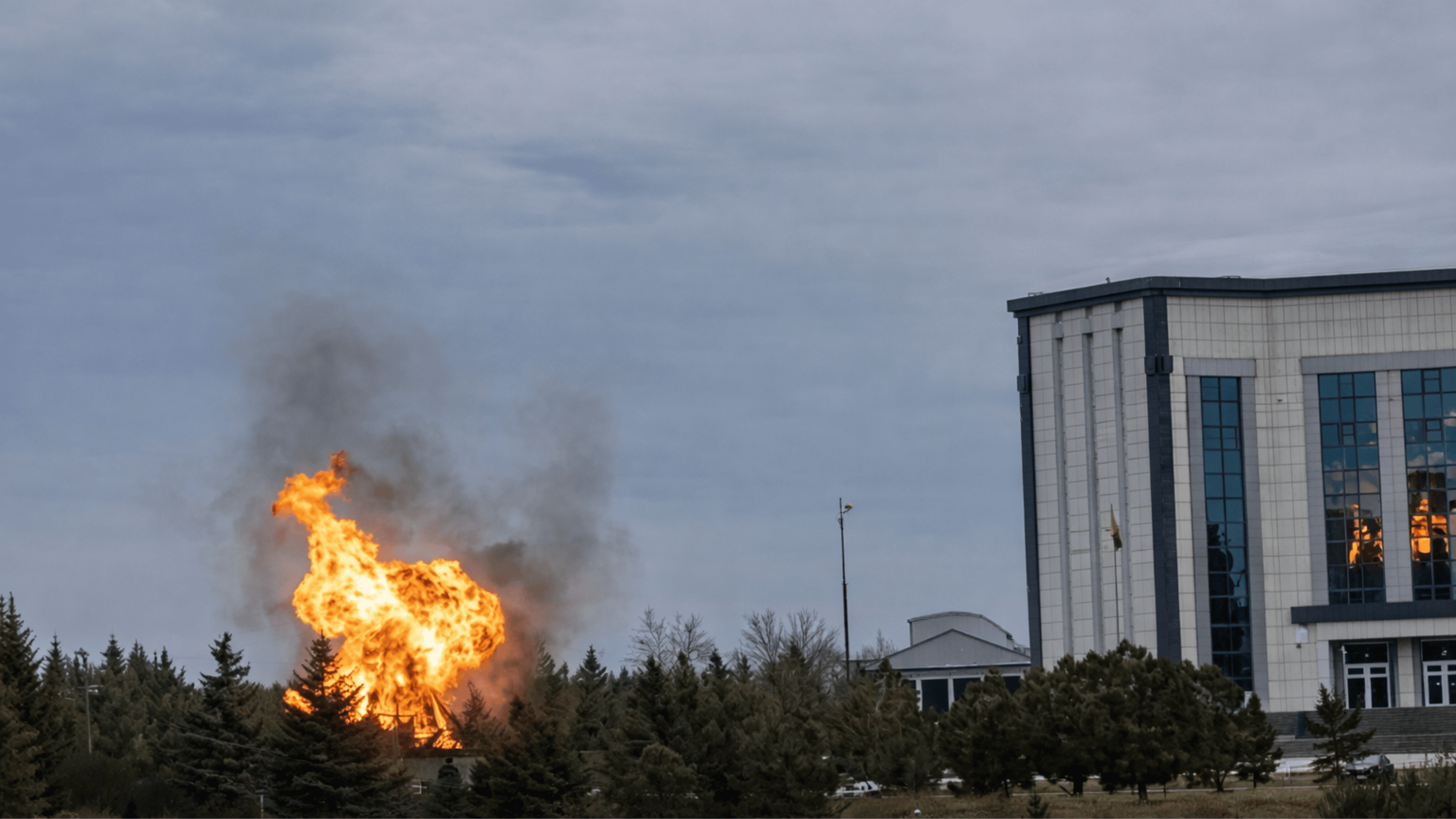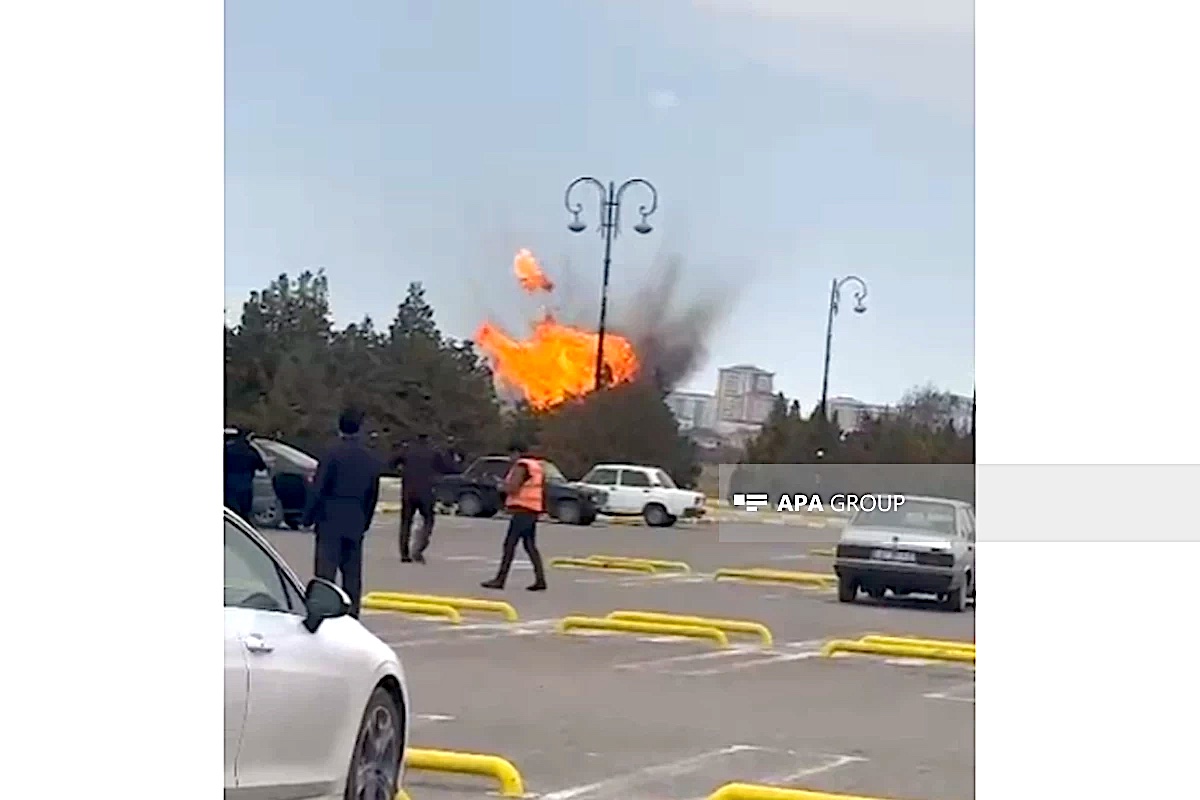"Ban broadcasting staged interviews with NK officials": call from Yerevan
Ban broadcasting staged interviews
“The airing of staged interviews with Armenian prisoners of war and hostages on Azerbaijani television is a direct violation of their rights and worsens their already dire situation,” stated the Committee for the protection of fundamental rights of Karabakh Armenians.
This committee, led by former Armenian foreign minister Vardan Oskanyan, responded to video announcements from Baku. It is reported that the interviews with former high-ranking officials of the unrecognized NKR, including former presidents, will be aired at the end of March. They were detained after the military actions in Nagorno-Karabakh in September 2023 and are now held in Azerbaijani prisons.
The committee members believe that Baku has used “manipulative tactics that undermine the foundations of international humanitarian law.” They call on the international community to condemn the violation of the rights of prisoners of war and individuals detained in Azerbaijan.
The committee was established in January 2024. Its declared goal is “collective repatriation and protection of other fundamental rights of the Artsakh people.” Assuming the coordination of the group’s work, former Foreign Minister Vardan Oskanyan stated that durable and stable peace is only possible if “balanced decisions, including the restoration of rights” of Karabakh Armenians, are made.
- “Aliyev questions the existence of the Armenian state” – German political scientist
- “Armenia has retreated from its own principles in negotiations with Baku.” Opinion
- Turkey’s role as a mediator in Armenia-Azerbaijan talks: What will come of it?
“Prisoners of war must be protected from public curiosity”
The committee stated that the right of prisoners of war to be protected from public curiosity is enshrined in the Third Geneva Convention on the Treatment of Prisoners of War.
Accordingly, the committee members consider “the public display of video materials featuring Armenian prisoners held in Baku as a gross violation of their right to privacy and dignity.”
This is reprehensible not only from a moral standpoint but also directly contradicts international humanitarian law, they emphasize:
“These actions also violate the Universal Declaration of Human Rights, which guarantees the right to protection from arbitrary interference in one’s private life, family, home, or correspondence.”
“Take urgent and decisive measures”
The committee’s statement describes the listed “violations as outrageous.” Consequently, the committee members urge the signatory countries of the Geneva Conventions to take measures and prevent Azerbaijan from showing videos or interviews with prisoners of war and hostages:
“This involves using diplomatic channels, applying sanctions if necessary, and public condemnation.”
Another call from the committee to the signatory countries of the Geneva Conventions is “to take urgent and decisive measures to prevent the rebroadcasting of such videos on servers and media platforms under their jurisdiction.”
“These actions threaten regional stability and peace”
According to the committee, Baku’s actions “not only undermine the principles of humanity and dignity but also threaten regional stability and peace.”
The group members state they are ready to work with the international community to address these violations, in the name of protecting the rights of all individuals affected by the conflict:
“We call on all state actors and international organizations to continue demanding the immediate and unconditional release of all Armenians illegally held in Azerbaijani captivity.”










